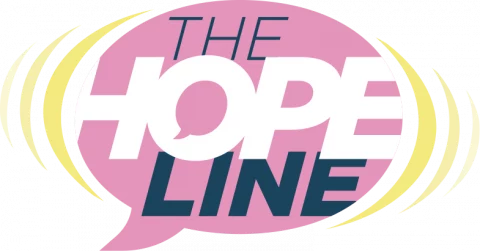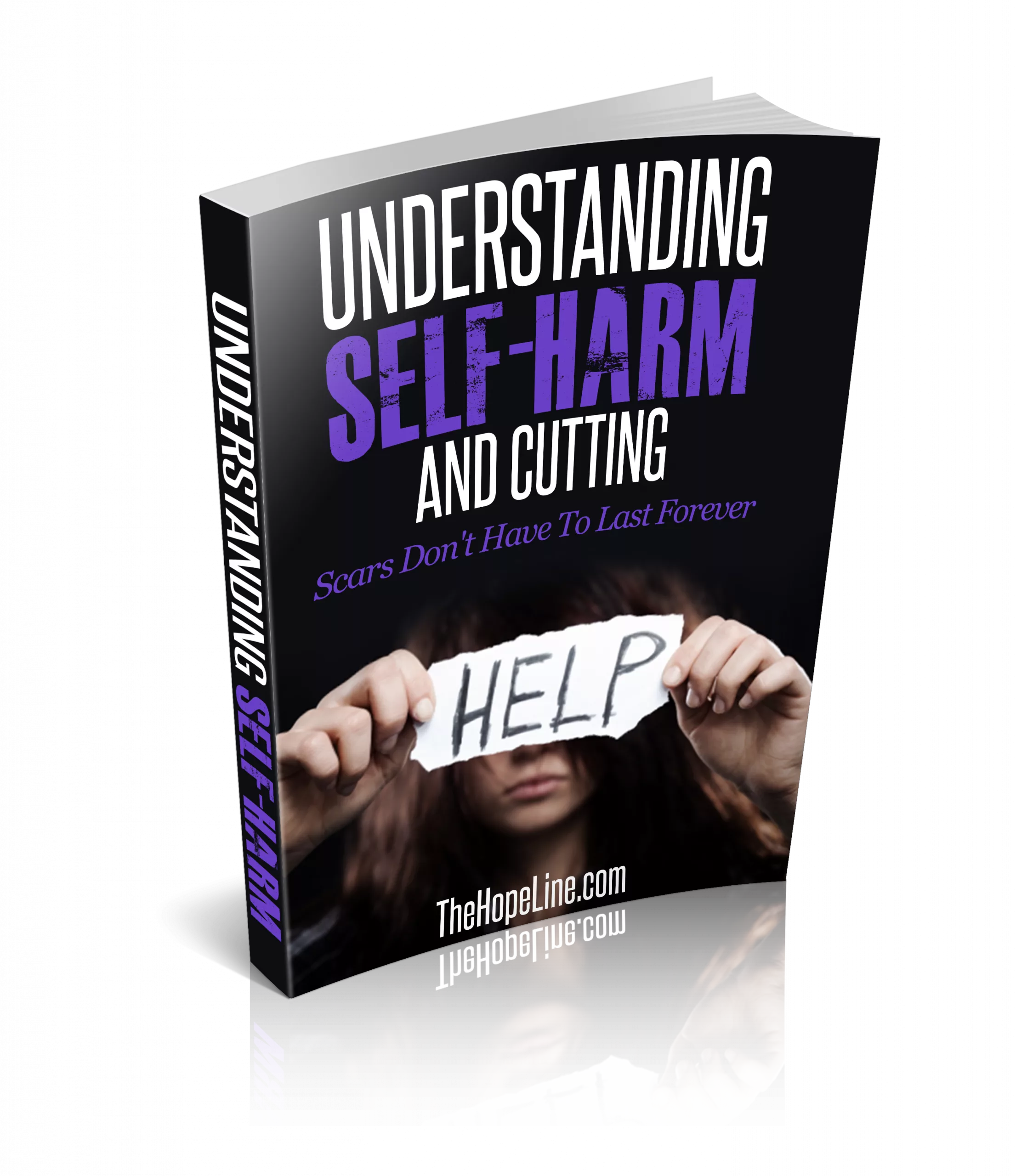Self-harm, also known as self-injury, is defined as the intentional, direct injuring of one’s own body, usually without suicidal intentions. Self-harming behavior could take several forms, but the most common are cutting, scratching, hitting, or biting the skin to deliberately hurt one’s self. Most people harm themselves to the point of visible bruising or bleeding, but cover up the signs of their self harm so that it’s harder for their loved ones to notice.
If you self-harm, you are not alone. Some estimates place the number of people who self-harm as high as one in five women, and one in seven men. HealthyPlace reports that as many as 90% of all people who self-harm started doing so in their teens.







 Privacy Policy / Terms of Use
Privacy Policy / Terms of Use